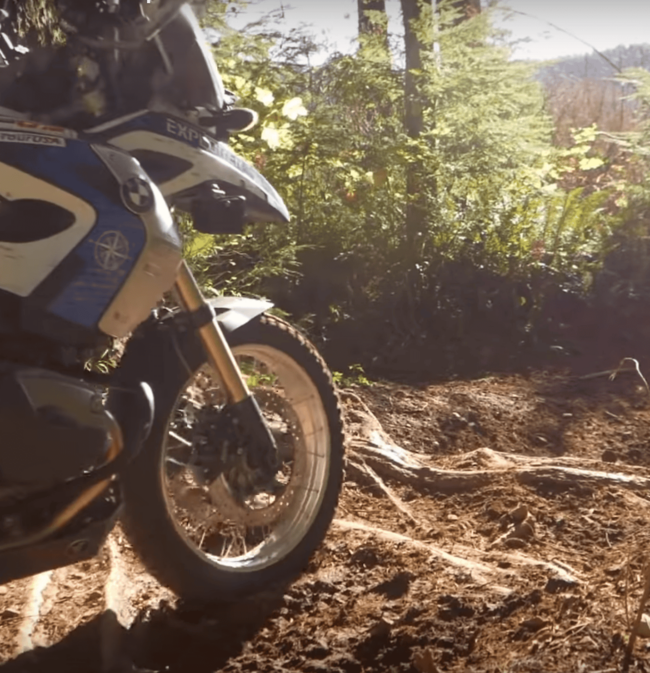Stop Being Complacent
AVOID DANGEROUS COMPLACENCY Sometimes riding can be not very exciting or even downright boring. The excitement of reacting to everything on the road fades away once you feel you’ve encountered most situations and feel comfortable with the threats that are common to motorcyclists. However, this natural progression can lead to a dangerous lack of focus……
Podcast: Download (0.0KB) | Embed
Subscribe: Pandora | iHeartRadio | Podchaser | Email | TuneIn | Deezer | RSS | More




